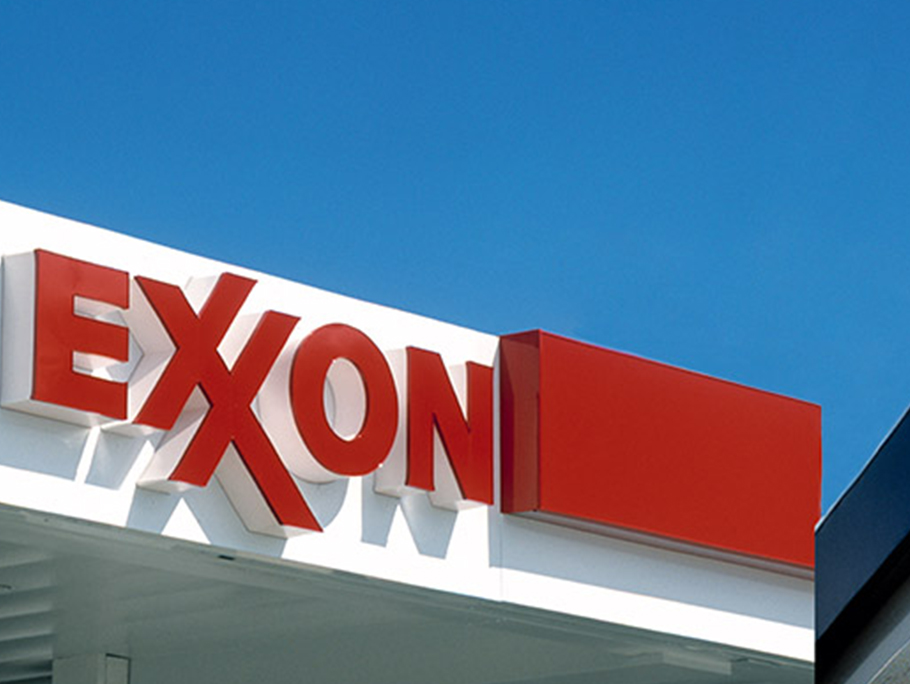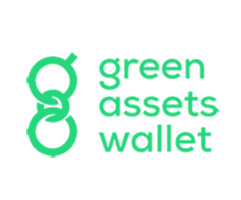Newly elected EC President Ursula von der Leyen has presented the European Green Deal, the promised comprehensive climate and nature package of measures to make Europe climate neutral by 2050.
The package includes a 50-55 per cent emissions reduction target for 2030; a climate law to reach net-zero emissions by 2050; a fund worth €100bn to finance the transition; a carbon border tax (CBT); and a series of initiatives for sectors such as transport, agriculture, chemicals and buildings.
However, there has been criticism that the Deal does not go far enough from environmental groups, holding that it cannot deliver the results required unless it speeds up considerably. There has also been criticism that it is slanted in favour of European industry, effectively creating a level of protection against developing nations with European products having an unfair advantage in the European market, with the leaders of Brazil, Indonesian and Malaysia all attacking the Deal.
The Commission is under fire for considering applying the EU ETS to road transport, a policy championed by German carmakers would have no impact on car and truck emissions, undermining the national climate targets and shifting the climate burden to motorists, whilst letting the vehicle manufacturing industry off the hook.
Some of the measures, such as the CBT, have also come under scrutiny as being difficult to enforce or measure. Although broadly welcomed by trade body Transport & Environment (T&E), William Todts, its executive director said: "Of course this is just a declaration of intent. The devil will be in the details of the new laws and whether EU governments support the Green Deal, but it is a good start.”
T&E warned that the Deal still falls short of what’s needed to fully decarbonise transport by 2050 and in some instances risks repeating past mistakes. For instance, the Commission’s plan to boost “sustainable alternative fuels in different sectors” risks reopening the door for gas as well as land-hungry biofuels.
On the issue of transport, representing more than a quarter (27 per cent) of the bloc’s total greenhouse gas emissions, the Deal proposes to reduce free allowances in the European carbon market (known as the ETS) and ending the kerosene tax exemption. The Commission also proposes to include shipping in the ETS, the first climate measure for the only sector of the economy that has so far escaped climate action.
The Deal signals a green overhaul of EU and EIB investment policies, as well as plans to build upon the Taxonomy Regulation by publishing a green financing action plan in 2020.
“We’re facing a climate and environmental emergency. We really can’t afford to waste time revisiting failed policies like the promotion of biofuels or wasting limited resources promoting gas vehicles. Europe’s green energy policy is driving deforestation and wildlife destruction worldwide. We need to end this now, not make it worse. What we do need though is a realistic plan to deploy zero emission electrofuels in aviation and green hydrogen in shipping,” Todts added.
Latest News
-
Private health provider awards £10,000 to arthritis research team
-
Building Society hands out £1m to tackle inequality
-
Premier League and Comic Relief partnership aims to improve children’s mental health
-
Russell Hobbs launches food poverty campaign in schools
-
Tottenham Hotspur and charities launch film to tackle mental health stigma
-
Cardfactory funds homelessness charity’s team of psychologists
© 2019 Perspective Publishing Privacy & Cookies







Recent Stories